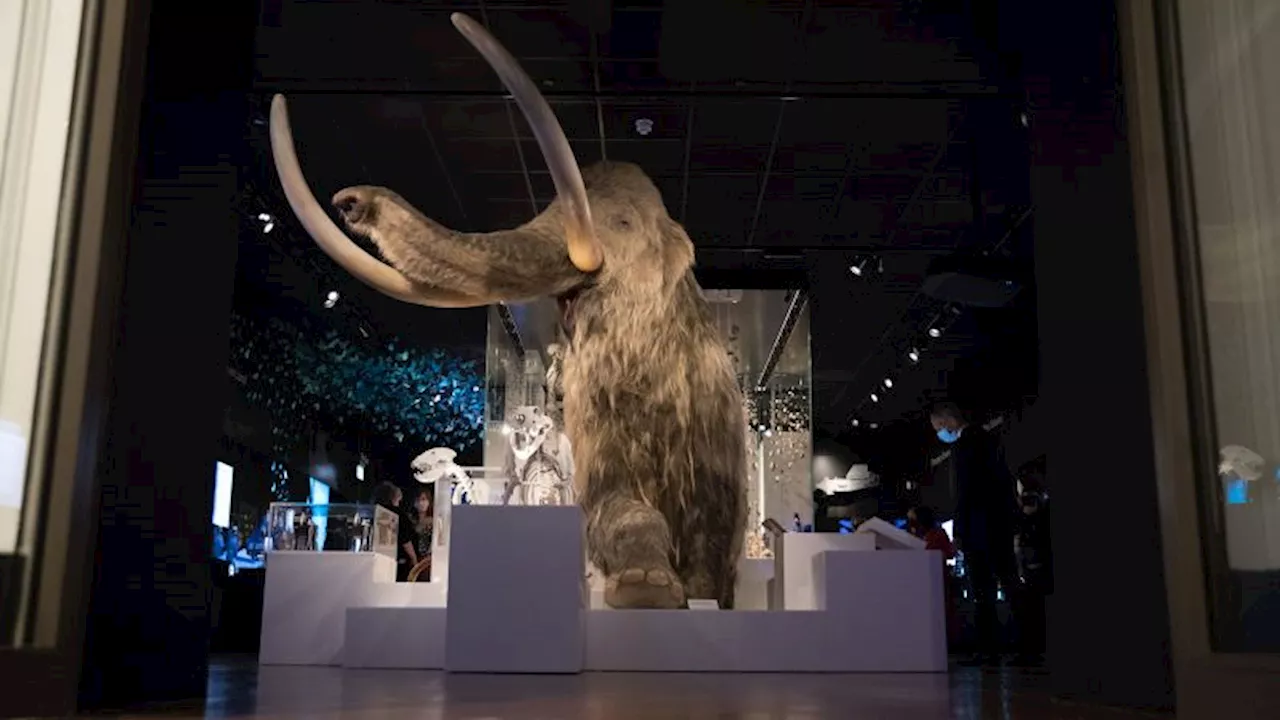The ‘de-extinction’ company Colossal Biosciences has taken a step toward its hairy elephant—erm, mammoth.
Colossal Biosciences, which calls itself “the world’s first de-extinction company,” has created stem cells it thinks will hasten the company’s marquee goal of resurrecting the woolly mammoth. The team’s research describing the accomplishment will be hosted on the preprint server bioRxiv. The cells are induced pluripotent stem cells , a type of cell that can be reprogrammed to develop into any other type of cell.
As described in a 2016 report by the International Union for Conservation of Nature’s Species Survival Commission, “Proxy is used here to mean a substitute that would represent in some sense another entity – the extinct form.” The group added that “Proxy is preferred to facsimile, which implies creation of an exact copy.
United Kingdom Latest News, United Kingdom Headlines
Similar News:You can also read news stories similar to this one that we have collected from other news sources.
 NASA Probe Finds Tons of Oxygen Spewing From Ocean MoonPlus: A startup trying to de-extinct the woolly mammoth made a stem cell breakthrough.
NASA Probe Finds Tons of Oxygen Spewing From Ocean MoonPlus: A startup trying to de-extinct the woolly mammoth made a stem cell breakthrough.
Read more »
 AI Used to Resurrect Dead Dictator to Sway ElectionScience and Technology News and Videos
AI Used to Resurrect Dead Dictator to Sway ElectionScience and Technology News and Videos
Read more »
 Scientists inch forward in efforts to resurrect an extinct giantColossal Biosciences researchers say they have advanced efforts to bring back a genetically engineered version of the woolly mammoth.
Scientists inch forward in efforts to resurrect an extinct giantColossal Biosciences researchers say they have advanced efforts to bring back a genetically engineered version of the woolly mammoth.
Read more »
 Monster blizzard takes aim at Tahoe, Mammoth: 'Serious life-threatening' snow, wind forecastA treacherous, life-threatening blizzard is targeting the Sierra Nevada and forecast to hit the Lake Tahoe area by late morning and Mammoth Mountain by the afternoon.
Monster blizzard takes aim at Tahoe, Mammoth: 'Serious life-threatening' snow, wind forecastA treacherous, life-threatening blizzard is targeting the Sierra Nevada and forecast to hit the Lake Tahoe area by late morning and Mammoth Mountain by the afternoon.
Read more »
 Powerful California blizzard shuts roads to Tahoe, Mammoth; 190-mph winds reportedThe California snowstorm cut off Mammoth Mountain from SoCal and paralyzed Interstate 80 over the Sierra. Crews rescued motorists from Donner Summit.
Powerful California blizzard shuts roads to Tahoe, Mammoth; 190-mph winds reportedThe California snowstorm cut off Mammoth Mountain from SoCal and paralyzed Interstate 80 over the Sierra. Crews rescued motorists from Donner Summit.
Read more »
![]() Ice age icon: Is the woolly mammoth set for a return?Scientists aim to create a close relative by genetically modifying Asian elephants to survive in the Arctic environment.
Ice age icon: Is the woolly mammoth set for a return?Scientists aim to create a close relative by genetically modifying Asian elephants to survive in the Arctic environment.
Read more »
